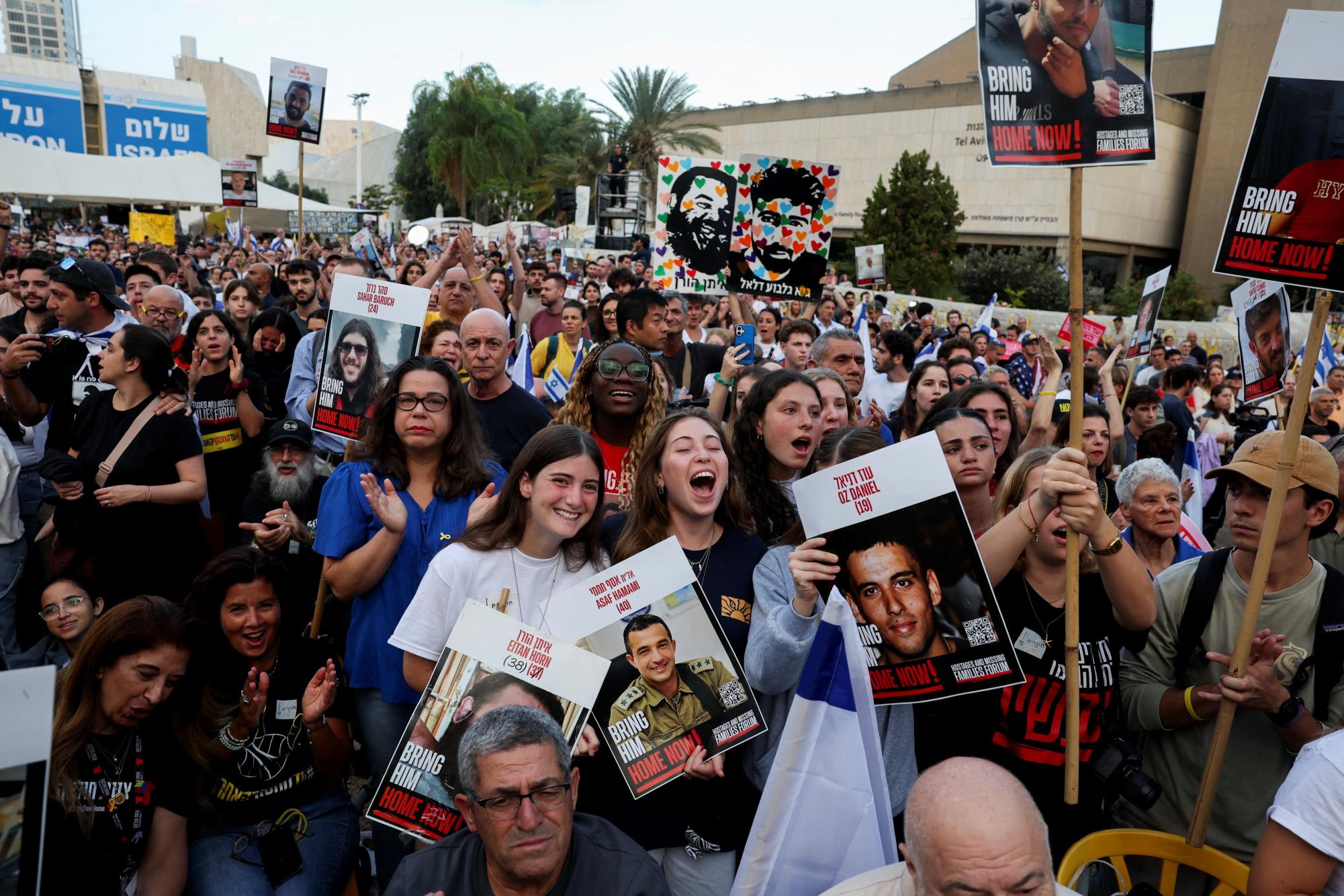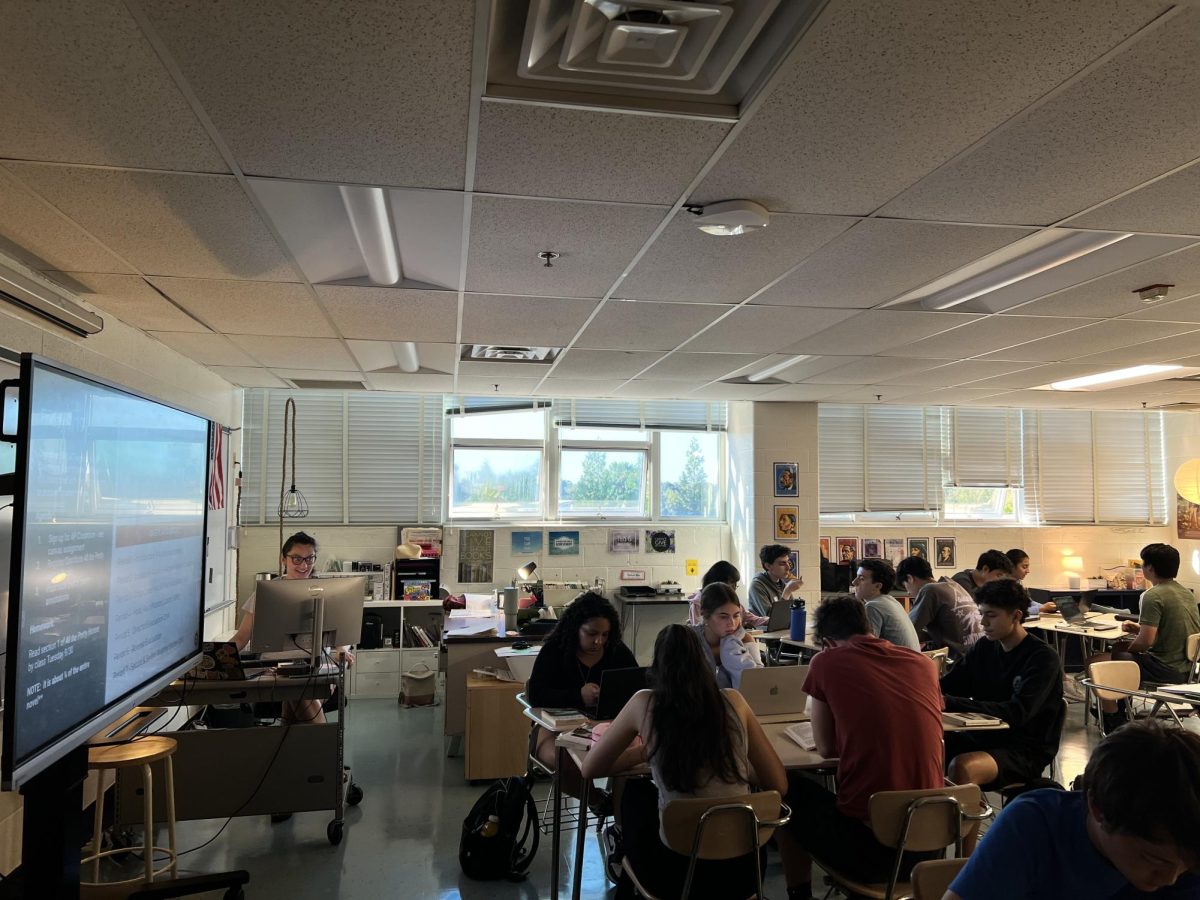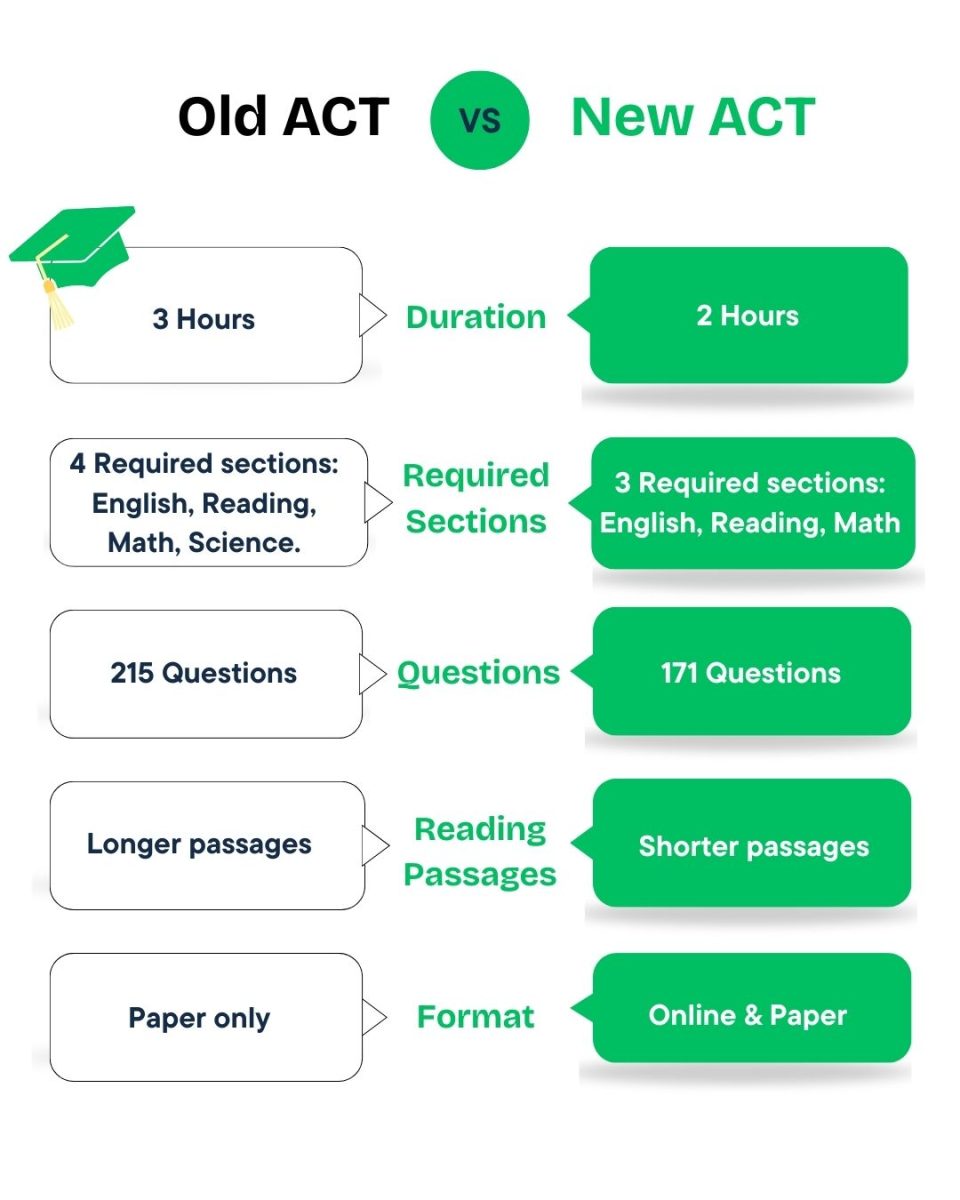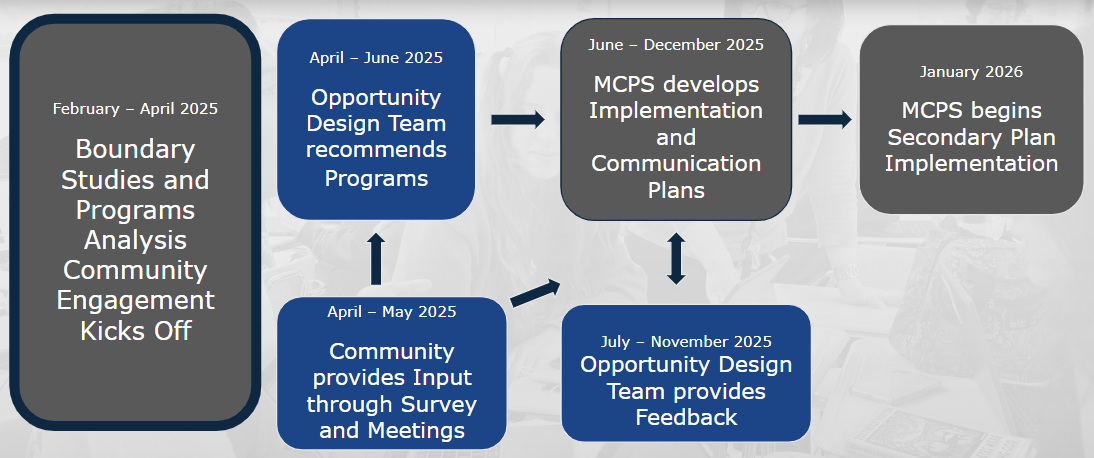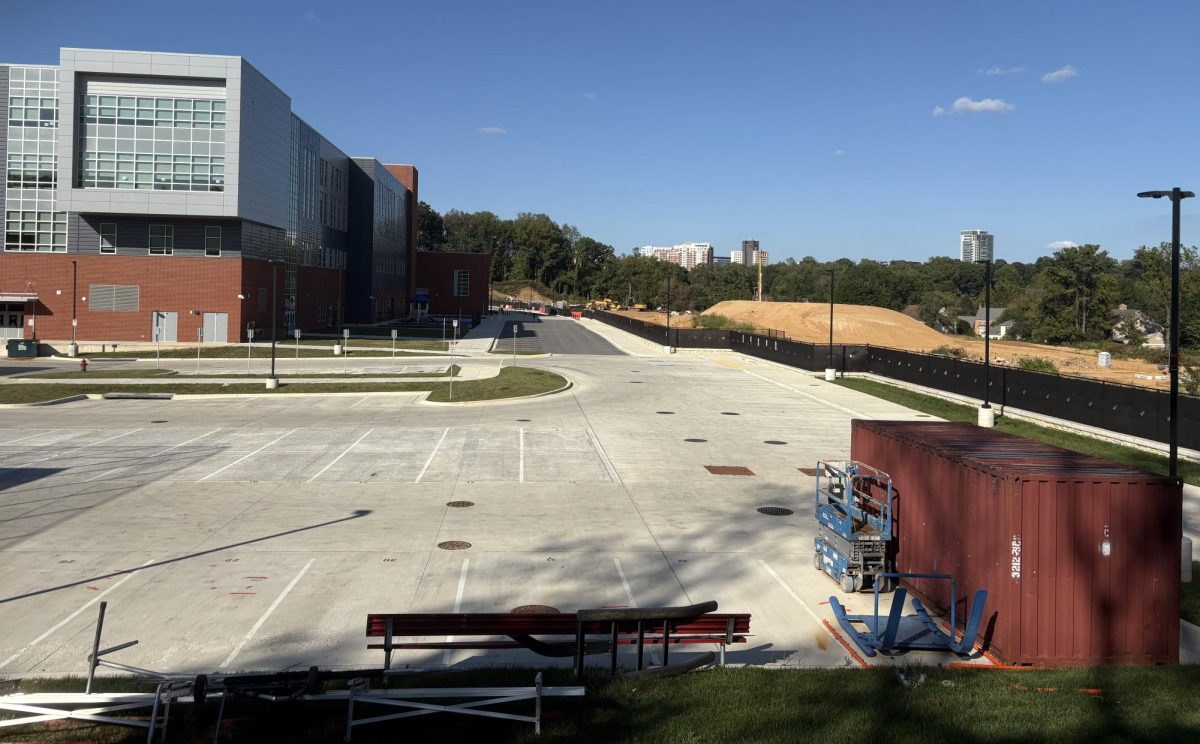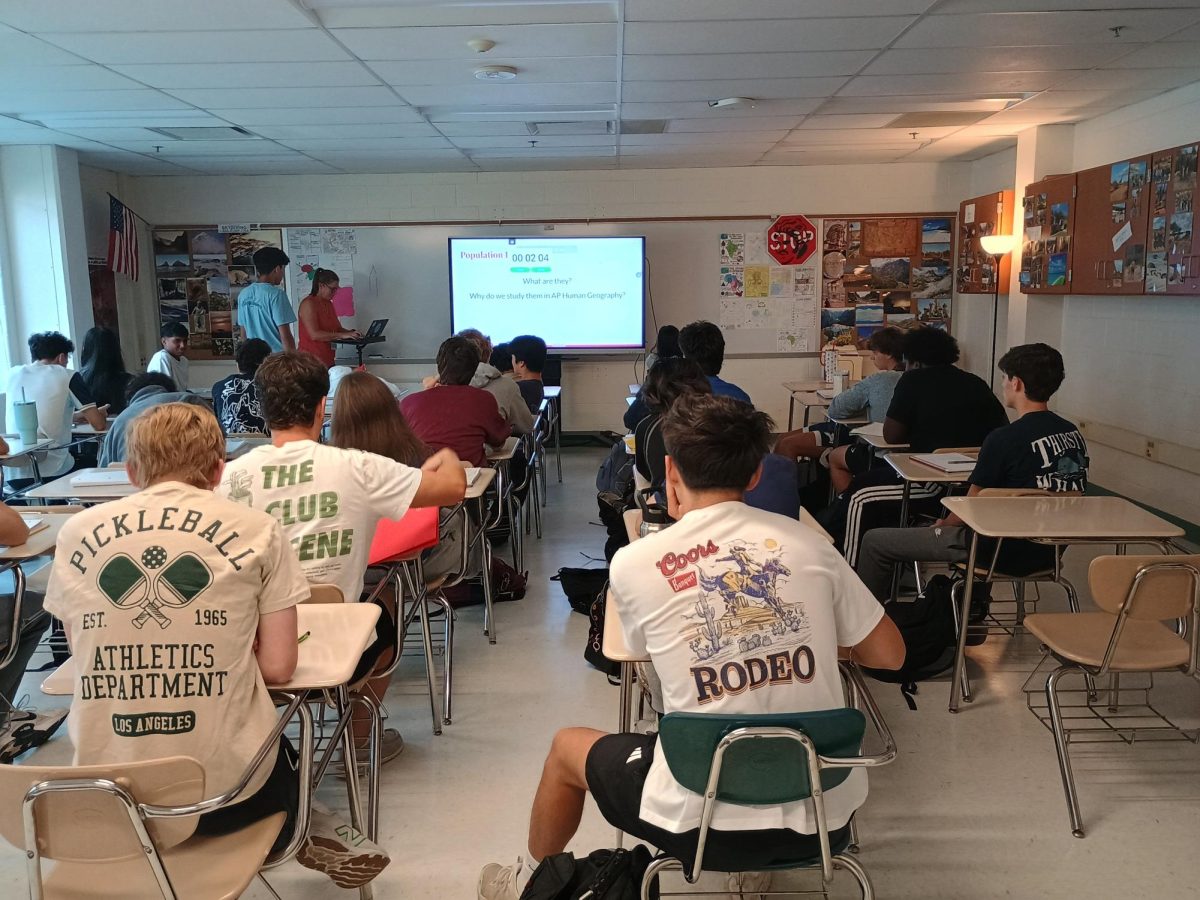Hamas, the terrorist organization in control of Gaza, and Israel signed the first phase of an agreement on Thursday, Oct. 9. This was a pivotal moment leading to the release of all 20 living Israeli hostages and the return of the bodies of 28 deceased hostages in exchange for Palestinian prisoners and detainees and the strategic retreat of the Israeli Defense Forces (IDF) in Gaza. The agreement was the culmination of weeks of intense negotiation involving Qatar, Egypt, Turkey and numerous other countries based on a 21-point peace proposal from US President Donald Trump.
If fully implemented, the deal promises an end to the 2-year conflict between Israel and Hamas, with its potential ripple effects being felt far beyond the Middle East. Many students have close familial or cultural ties to both the conflict and the region, and others have participated in discussion and advocacy efforts.
Senior Eshel Cohen-Zamir grew up in Kibbutz Nir Oz, a small village in southern Israel. On Oct. 7, 2023, Hamas terrorists infiltrated the Kibbutz and murdered or kidnapped 25 percent of its residents. This attack triggered Israel’s military occupation of Gaza and its military goal to eliminate Hamas as a threat to Israelis and Gazans. Israel’s military operation led to a severe humanitarian crisis in Gaza.
Four hostages from Nir Oz were released on the morning of Oct. 13, among the final group of living hostages. Other Kibbutz members have died or been killed in captivity. Many Israeli and Jewish communities worldwide have seen the deal as a blessing, sparking a renewed sense of nationalism and unity.
“It’s absolutely amazing,” Cohen-Zamir said. “It’s life-changing. Hopefully, it means an end to the war, an end to the violence on both sides, and to the suffering. To other Israelis, it means maybe they could start going back to their day-to-day lives, finally being back with their loved ones.”
While Israelis were initially overjoyed at the agreement, families were wary of Hamas’ willingness to follow through on all hostage release protocols, as well as Hamas’s ability to hold up their end of the bargain.
On Oct. 7, 2023, junior Alex Shachar had a direct family member taken hostage. Whether through protests or speaking with news reporters and government officials, Shachar and her family had been involved in numerous efforts to advocate for the release of all hostages.
“It was a celebratory moment in my family and for me, but we all still did not want to celebrate too soon in fear that one of the sides wouldn’t honor the deal,” Shachar said. “My family agreed to celebrate once the hostages were completely returned.”
The deal has sparked mixed reactions across Gaza and in the Palestinian community. Many renounced the deal, wanting the IDF to fully withdraw in the next phase of the agreement, instead of doing so strategically over time. Others welcome the hope it brings for prosperity in the region, while acknowledging the human suffering and internal displacement remaining in the Gaza Strip. Over 68,000 Gazans have died throughout the conflict, according to the Gaza Health Ministry. The Israeli operation in Gaza has led to a regionwide famine.
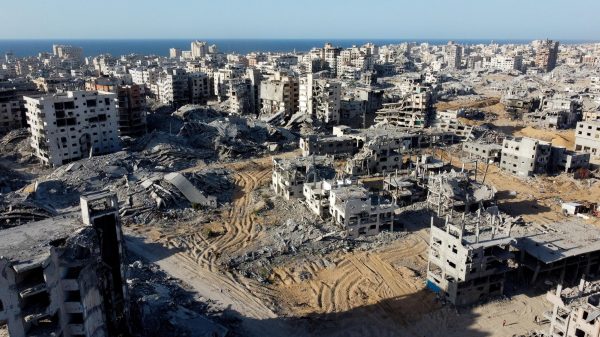
“My hope for the future is that all families, children, men and women that were displaced from their cities and homes receive the care, food or housing that they need,” sophomore Aryana Moayedi, whose family is Iranian, said. “Since the start of the war, the majority of the children residing in Gaza haven’t received proper education. I believe that school and education is the foundation of people’s lives. It would be so beneficial for those children to get back in school, or for kids to finish high school and get their diplomas.”
The third phase of the deal implies that Gaza will be rebuilt for the benefit and fruition of Palestinian society.
“I was hopeful when I heard about it,” senior Yasmina Rida said. “From past experience, when they have a ceasefire, Israel keeps killing and stealing stuff. I was kind of suspicious of Israel.”
Rida, who was born in Lebanon and moved to the United States at the age of seven, has family friends who are Gazan and are affected by the conflict.
“I do think that the Jewish people deserve a country for themselves if Gaza becomes a country,” Rida said. “I hope that Israel is okay with being allies.”
Wildcats with a connection to either side of the conflict are hopeful for the safety of their loved ones and the future of prosperity in the Middle East.

